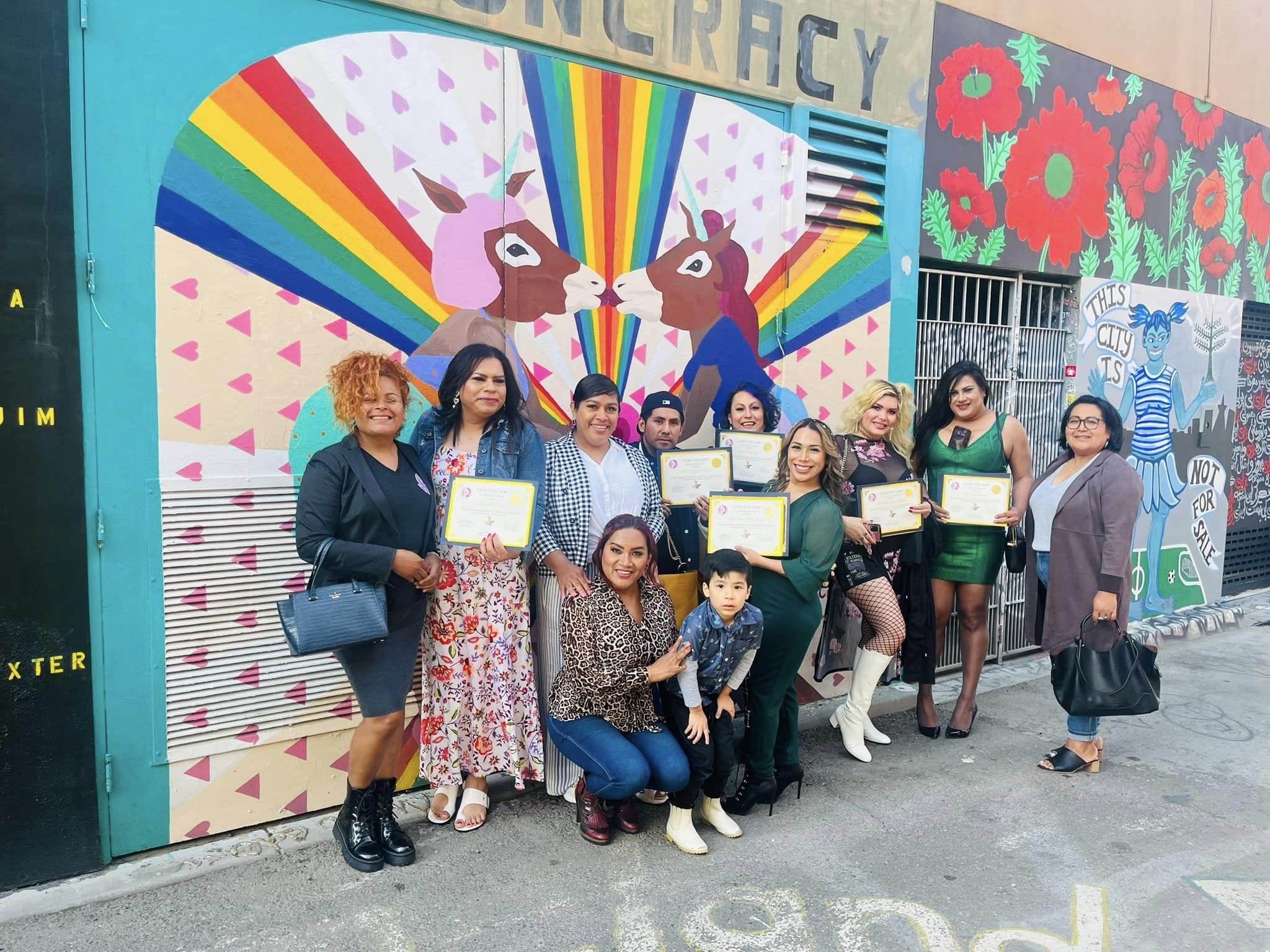
The organization The For TransLatinas Based in San Francisco, it has been advocating for the human rights of the various communities it represents since 1993. Its deputy director, Sofía S. Ríos Dorantes, told Peninsula 360 Press how through her experience, she hopes that transgender, intersex, and diverse gender people acquire the services they need and excel in what they propose.
TransLatinas' programs are focused on the transgender, intersex and gender diverse, Latinx community of San Francisco and the Bay Area. They have individual case management, accompaniment, linkage and referrals for medical and legal resources. They also promote health, the use of PrEP, and professional and leadership development programs.
Ríos started at TransLatinas as a participant, then a volunteer, and is currently the deputy director.
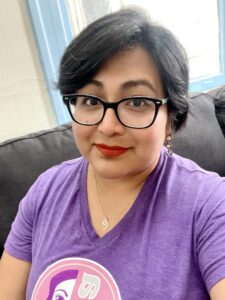
"They told me these days: ?Sofía, you are the seed and the vision that Translatinas sows in each participant?", he recalled.
Sofía was born in 1979 in the small town of San Gabriel, Chillax, Puebla in Mexico. He went through high school and a bit of college right there. At the age of 22, he immigrated to the United States to support his parents and give them a better quality of life.
She lived in North Carolina for 15 years, until 2016, before moving to San Francisco and joining TransLatinas as a participant.
«I came? to San Francisco? looking for my security and to be able to change my name and gender legally, since I knew that in California I could do it because in North Carolina it was not possible, "he commented.
In 2018, she was selected for the position as TransLatinas' first data administrator. He was also given the opportunity and training to use the Salesforce data management program, which he certified in 2020.
“I was taking advantage of the professional development programs, English classes, and GED courses that are offered to all the participants,” Ríos shared.
Previously, participants could come to the office and wait for a case manager to be available to see them. However, with the pandemic and because they moved to a smaller space, they had to change the modality of their services.
Now, they just have to call the office phone to be assigned an appointment in which the case managers will proceed by making a form to find out what the needs are at the moment. Afterwards, they will make the corresponding referrals for the services that the participants require or seek.
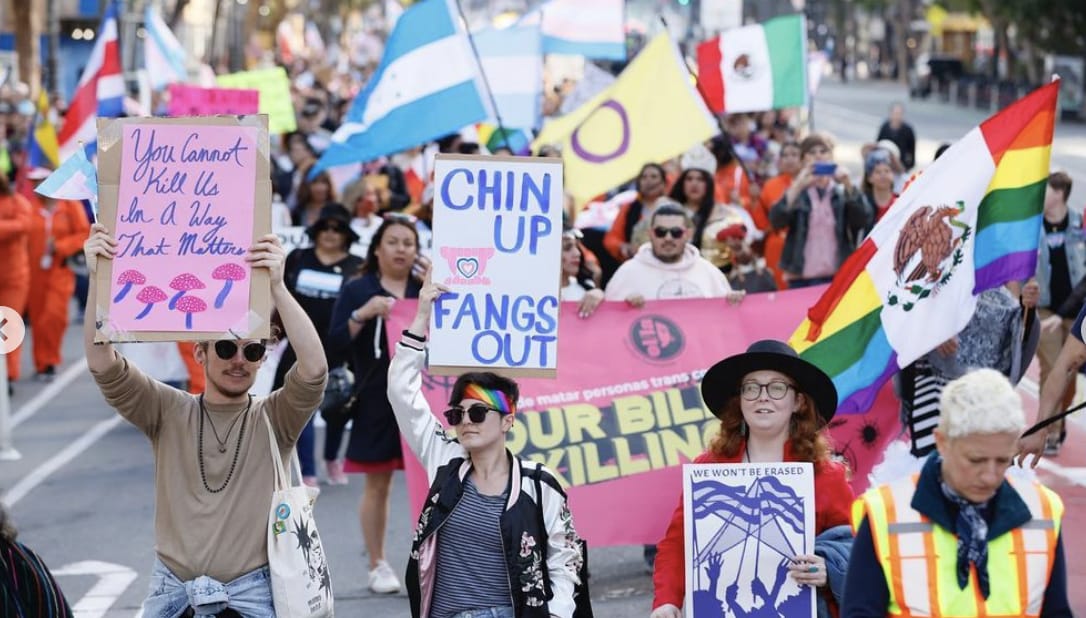
"Now we are receiving more girls who are emigrating because of the violence that is happening in their countries and also because many internally are moving to California due to anti-LGBTQ+ laws that are emerging in other states," she said.
In recent years, states like Texas, Florida, y Tennessee, Laws have been passed through their Congresses that criminalize the acquisition of specialized health services for transgender, intersex and gender diverse communities.
TransLatinas receives multiple messages for their Facebook e Instagram of people around the world, asking for help. If they are in other US states, Translatinas makes referrals to organizations they have contact with or know of from other states that work for the same causes. Otherwise, it is not possible for them to provide any service.
“We find ourselves in a political climate that is doubly attacking the trans, intersex, and gender diverse Latinx migrant community,” Ríos stressed. “I say doubly, because not only are our diverse gender identities being attacked, but our immigration status is also being attacked, and these attacks take the form of anti-rights policies that are being implemented at the national level.”
The policies that Ríos refers to have not reached California. However, he notes that if he feels that compared to other places, there is more freedom in San Francisco. For example, he said, there is more freedom to live according to their identities, there are services that do not exist in Latin America and in other US cities, such as access to surgeries and doctors who care for transgender communities.
However, not everything is rosy, and despite the fact that San Francisco is a place where it is more common for their identities to be respected, there are still obstacles that TransLatinas face on a daily basis.
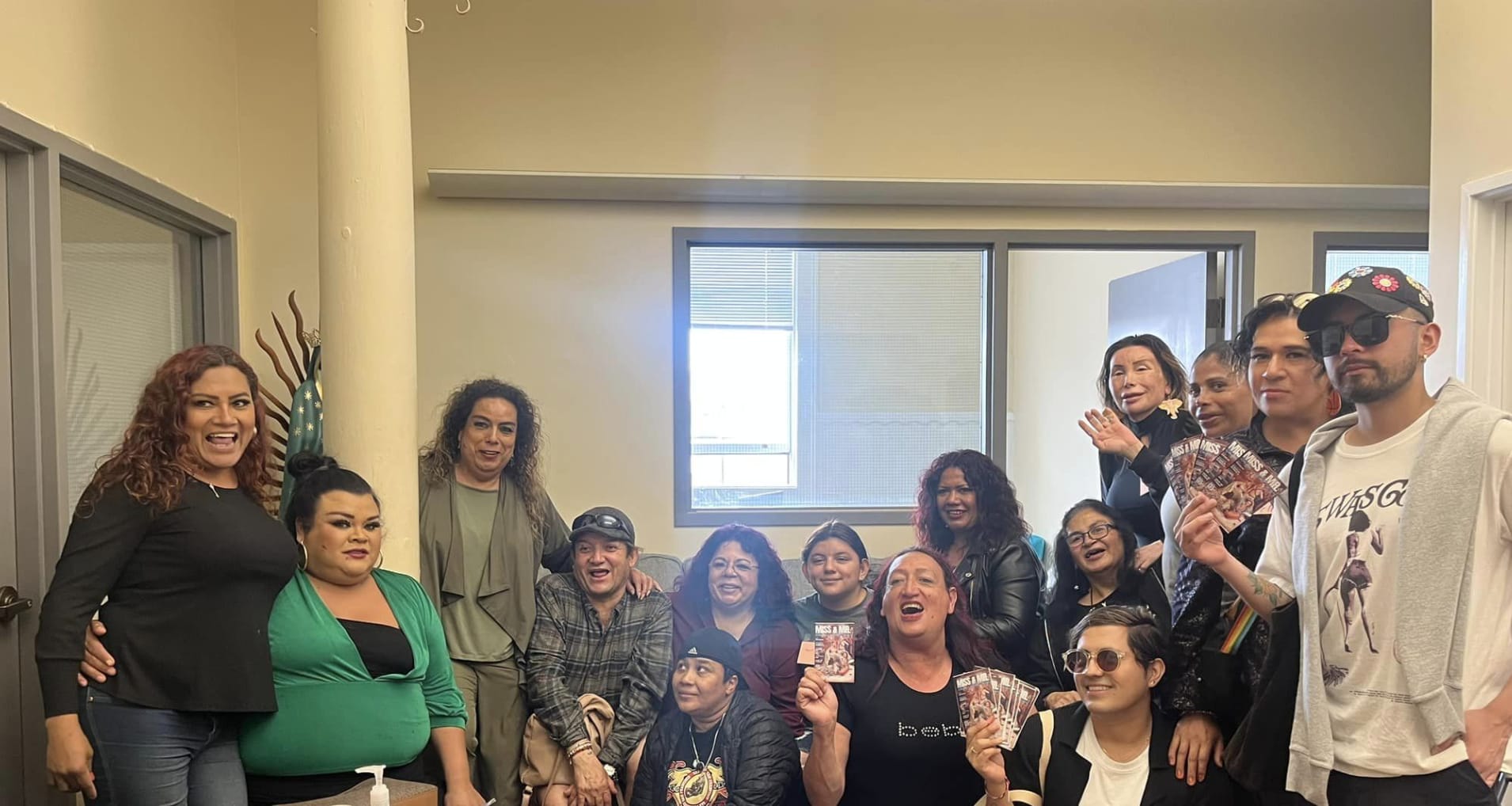
«The biggest obstacles have been and continue to be xenophobia and transphobia combined. We have been able to feel both first hand in all public service spaces, having difficulty accessing funds; we have navigated and served, and in turn taking care of our community with a very low budget, compared to other community organizations that are not migrants”.
Ríos also comments that, although San Francisco is openly a diverse city, there are federal entities without education towards the diverse trans, intersex and gender communities, such as Latin American consulates in the city.
But, even if these obstacles are presented, the objectives of TransLatinas will continue to stand, such is the case of guaranteeing a safe space that provides the necessary services to the trans, intersex and gender diverse Latina/e/x migrant community.
When COVID-19 began to affect the San Francisco Bay area, TransLatinas provided more than $450,000 in direct financial aid to its participants over two years and nine months.
“We never abandon our community when no one else watches over trans-Latinas,” Ríos emphasized.
Now that LGBTQ+ pride month is about to end, Ríos comments that this month was vital to celebrate, stand firm and support each other among these communities and their allies in the face of policies that threaten the lives of these communities.
Likewise, he said that education for the public should not stop in order to continue building a more inclusive society.
"Education is a fundamental part of eradicating false ideas of our identities," suggested Ríos. "They can seek a friendship that is part of diversity to learn from our life experience and thus be able to open paths of education and understanding."
Even if June ends, Ríos hopes that life will continue to be celebrated, human rights respected and public policies promoted that protect these communities.
"We must remember history so as not to repeat one full of violence that our ancestors experienced, to open paths that at this time they want to close us."

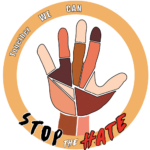
This publication was supported in whole or part by funding provided by the State of California, administered by the California State Library.

You may be interested in: San Francisco held its 53rd annual Pride parade with about 250,000 in attendance


